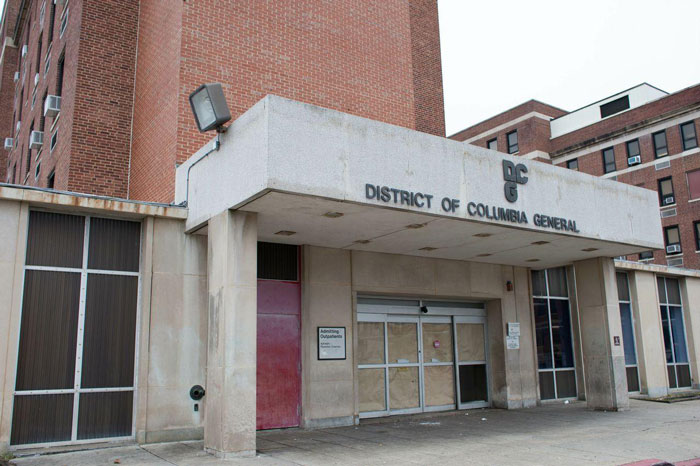It can’t be said enough that the District’s homelessness problem won’t be easily solved. It goes without saying that there are many ways that people become homeless. If a person loses a job, becomes sick, has addiction issues or mental- or behavioral-health problems, this can easily put a person or family on the street.
The problem won’t be solved simply by managing the problem. Few people are probably aware that the District spends more money managing homelessness than it would cost simply to end it!
It certainly won’t be solved by continuing to manage the problem, which is tantamount to putting a bandage on it. The problem also won’t be solved by giving a person a roof and nothing more. We must have a plan to provide a roof first and then have a plan to ensure that people do not return to homelessness.
The current crisis requires a big and bold solution. A mayoral administration with a truly big and bold plan is the only thing that will resolve a big and bold problem.
We will end homelessness with a three-part process: engaging churches and nonprofits, providing a replacement for D.C. General, reducing dollars reserved for abatements (reduction of taxes) for developers and redistributing those dollars.
Before I get into the workings of our three-part plan, it’s important that I mention that all parts of this plan recognizes that when mental or behavioral health or addiction is the cause or a part of the individual’s homelessness, we will have full outreach and wraparound services to ensure that the person is empowered to keep housing.
Let’s discuss engaging churches and nonprofits. If we ask that every church and nonprofit in the District adopt just one homeless person or family, we’d be well on our way to ending homelessness. This is not an attempt to negate the fiscal responsibility of the city to help — it’s simply a way to allow entities that enjoy tax-free operations to give back to the community if they choose. Just count the number of churches in the District, and you will see the potential power in the plan.
Next, we have the task of replacing D.C. General with suitable housing for those without a home. This requires us to actually do — and not back down when we get opposition — what the city already planned and verifiably has the money to do! We know that this plan is best fulfilled by using land owned by the District throughout the city. We certainly will be faced with “not in my backyard” responses, but, at a minimum, we can have four distinct houses in four different sections of the city. We know this plan is a bit controversial, but we will not run from opposition. Sometimes democracy is hard.
Lastly, we will reduce abatement dollars going to for-profit developers that are not doing anything to provide “income-based housing” and increase dollars going to end the crisis of chronic homelessness. We know that if we allocate less than half of 1 percent of the District’s $14 billion budget, we would end homelessness and no longer have a need to manage the crisis.
All change is hard. But we must ask ourselves: Is it worth it? Is it worth it to stop managing a crisis that allows people to kill other people? Is it worth allowing all citizens to live in a dignified manner? In less than five months, voters will get to make a choice about putting people first.
We want to thank the Street Sense Family and all that it does to fight to raise awareness to the crisis and end homelessness. We welcome your ideas and thoughts to help put the city in the right direction. We know that ending homelessness is possible.
James Butler is running for Washington, D.C. mayor. Visit butlerformayor.com to learn more.








